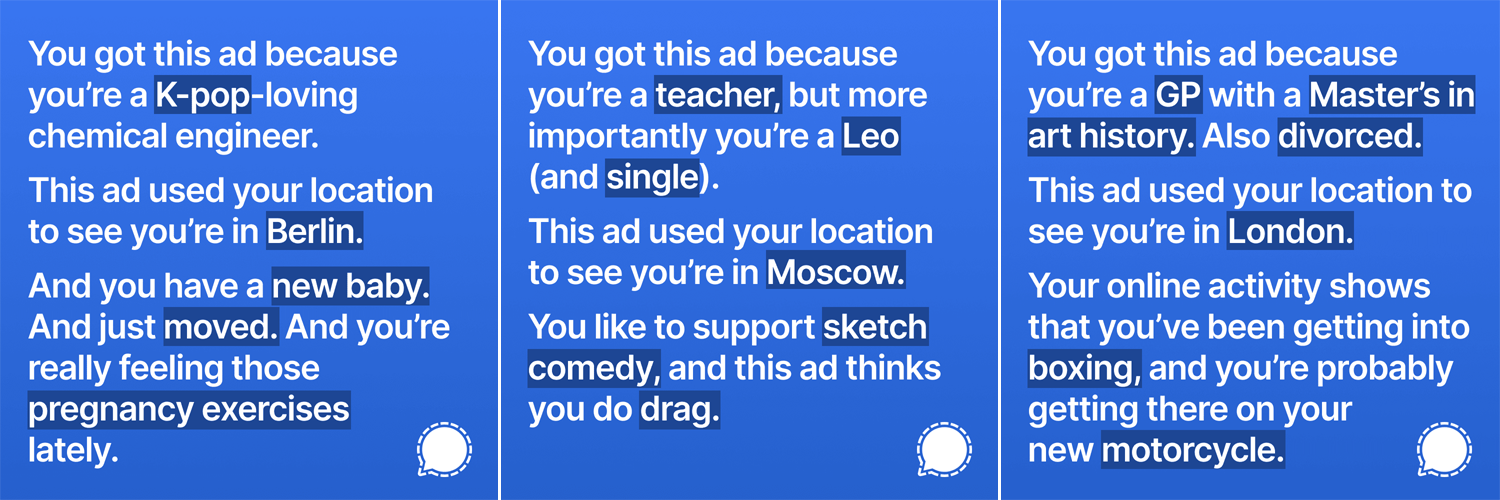Sunday, 9 May 2021 - 2:48pm
This week, I have been mostly reading:
- The invention of whiteness: the long history of a dangerous idea — Robert P Baird in the Guardian:
As late as 1694, a slave-ship captain could still question the racial logic newly employed to justify his trade. (“I can’t think there is any intrinsick value in one colour more than another, nor that white is better than black, only we think it so because we are so,” Thomas Phillips wrote in his diary.) But whiteness quickly proved itself a powerful weapon that allowed transatlantic capitalism to secure the labour – “white” and African – it needed. As the historian Theodore Allen put it, “The plantation bourgeoisie deliberately extended a privileged status to the white poor of all categories as a means of turning to African slavery as the basis of its system of production.” The economic utility of the idea of whiteness helped spread it rapidly around the world. Du Bois was not wrong to call it a religion, for like a religion, it operated at every psychological, sociological and political scale, from the most intimate to the most public. Like a religion, too, it adapted to local conditions. What it meant to be white in British Virginia was not identical to what it would mean in New York before the American civil war, in India during the Raj, in Georgia during Jim Crow, in Australia after Federation, or in Germany during the Third Reich. But what united all these expressions was a singular idea: that some group of people called white was naturally superior to all others. As Benjamin Disraeli, the Victorian prime minister and one of the most committed race ideologists of his time, put it, “race implies difference, difference implies superiority, and superiority leads to predominance”.
- Is herd immunity to COVID-19 possible? Experts increasingly say no. — Elizabeth Weise at USA Today:
Last summer, the World Health Organization put the combined infection and vaccination thresholds needed to break the chain of transmission at 60% to 70%. By December, Fauci put the number for the U.S. at 75% to 85%. With the appearance of highly transmissible variants, some have bumped it to 90%. The unwillingness of some Americans to get vaccinated, however, likely has put the number out of reach. "What has surprised me most is the incomprehensible rejection of science even among otherwise intelligent people," Poland said. "I’m truly flabbergasted to be watching this on a grand scale." The split has become political. About 79% of self-identified Democrats say they have been vaccinated or intend to do so soon, compared with 46% of Republicans. About 3 in 10 Republicans say they will definitely not get vaccinated, according to a Kaiser Family Foundation poll. That means America could end up looking like a patchwork quilt, with areas where COVID-19 infections are low and others where the virus continues to thrive.
- Doonesbury — by Gary Trudeau:
- Unfair Use: Anti-Interoperability and Our Dwindling Digital Freedom — Cory Doctorow in the Reboot:
When you look at how “IP” is used by firms, a very precise — albeit colloquial — meaning emerges: “IP is any law that I can invoke that allows me to control the conduct of my competitors, critics, and customers.” That is, in a world of uncertainty, where other people’s unpredictability can erode your profits, mire you in scandal, or even tank your business, “IP” is a means of forcing other people to arrange their affairs to suit your needs, even if that undermines their own needs.
- The Instagram ads Facebook won't show you — Signal's Jun Harada:
Companies like Facebook aren’t building technology for you, they’re building technology for your data. They collect everything they can from FB, Instagram, and WhatsApp in order to sell visibility into people and their lives. […] However, Facebook’s own tools have the potential to divulge what is otherwise unseen. It’s already possible to catch fragments of these truths in the ads you’re shown; they are glimmers that reflect the world of a surveilling stranger who knows you. We wanted to use those same tools to directly highlight how most technology works. We wanted to buy some Instagram ads.

- Qualia — Cory Doctorow in Locus:
Quantitative disciplines – physics, math, and (especially) computer science – make a pretense of objectivity. They make very precise measurements of everything that can be measured precisely, assign deceptively precise measurements to things that can’t be measured precisely, and jettison the rest on the grounds that you can’t do mathematical operations on it. This is the quant’s version of the drunkard’s search for car-keys under the lamp-post: we can’t add, subtract, multiply or divide qualitative elements, so we just incinerate them, sweep up the dubious quantitative residue that remains, do math on that, and simply assert that nothing important was lost in the process.
